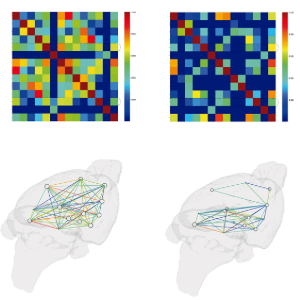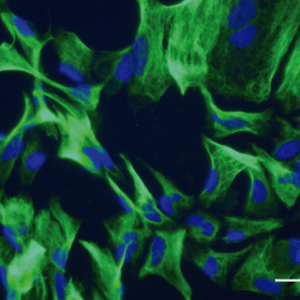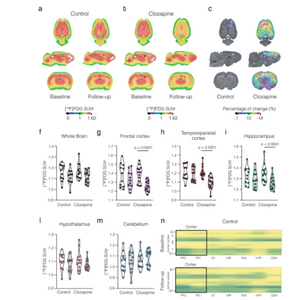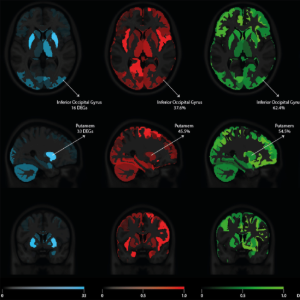Main Ongoing
Projects
Brum W. et al. 2022, Alzheimers Dement
Biomarkers in neurodegenerative disorders
It is estimated that 75% of cases of dementia are not properly diagnosed worldwide. In the last decades, developments for allowing Alzheimer’s disease diagnosis with cerebrospinal fluid (CSF) and positron emission tomography (PET) imaging are at the forefront of AD clinical research. However, CSF and PET biomarkers are unaffordable to clinical routine. Having PET imaging or even lumbar punctures on a large scale clinical use is unrealistic. We are working to develop blood biomarkers for detecting AD, which would translate into a scalable and low-cost strategy for diagnosing AD in middle- and low-income countries.
Biomarkers in neurodegenerative disorders
It is estimated that 75% of cases of dementia are not properly diagnosed worldwide. In the last decades, developments for allowing Alzheimer’s disease diagnosis with cerebrospinal fluid (CSF) and positron emission tomography (PET) imaging are at the forefront of AD clinical research. However, CSF and PET biomarkers are unaffordable to clinical routine. Having PET imaging or even lumbar punctures on a large scale clinical use is unrealistic. We are working to develop blood biomarkers for detecting AD, which would translate into a scalable and low-cost strategy for diagnosing AD in middle- and low-income countries.
Brum W. et al. 2022, Alzheimers Dement
Brain networks in neurodegeneration
Brain imaging techniques are highly suited to understand how the brain works. It is thought that a high complex network that allows cells to communicate is needed for brain proper functioning. We are interested in evaluating brain changes in neurodegenerative disorders at the network level. For doing that, we build brain networks by deriving functional information from positron emission tomography (PET) imaging . We believe that these changes occur early in the neurodegenerative process, before the identification of pathological features or symptoms.
Bellaver B et al 2019, Brain Behav Immun
Brain networks in neurodegeneration
Brain imaging techniques are highly suited to understand how the brain works. It is thought that a high complex network that allows cells to communicate is needed for brain proper functioning. We are interested in evaluating brain changes in neurodegenerative disorders at the network level. For doing that, we build brain networks by deriving functional information from positron emission tomography (PET) imaging . We believe that these changes occur early in the neurodegenerative process, before the identification of pathological features or symptoms.
Bellaver B et al 2019, Brain Behav Immun
Zimmer ER et al. 2017, Nat Neurosci
Astrocytes in neurodegeneration
Astrocytes, a subtype of glial cells, are key players in controlling brain synapses and homeostasis. Recent evidence indicate they also contribute to the pathophysiology of neurodegenerative disorders. We are interested in understanding the specific role of these cells in neurodegeneration. To study astrocytes in health and disease our lab combines in vivo and in vitro techniques associated to computational and imaging data in mammals and humans.
Astrocytes in neurodegeneration
Astrocytes, a subtype of glial cells, are key players in controlling brain synapses and homeostasis. Recent evidence indicate they also contribute to the pathophysiology of neurodegenerative disorders. We are interested in understanding the specific role of these cells in neurodegeneration. To study astrocytes in health and disease our lab combines in vivo and in vitro techniques associated to computational and imaging data in mammals and humans.
Zimmer ER et al. 2017, Nat Neurosci
Mammalian brain biology initiative
Rocha A. et al 2022, Eur J Nucl Med Mol Imaging
Mammalian brain biology initiative
Rocha A. et al 2022, Eur J Nucl Med Mol Imaging
Povala G, unpublished data







